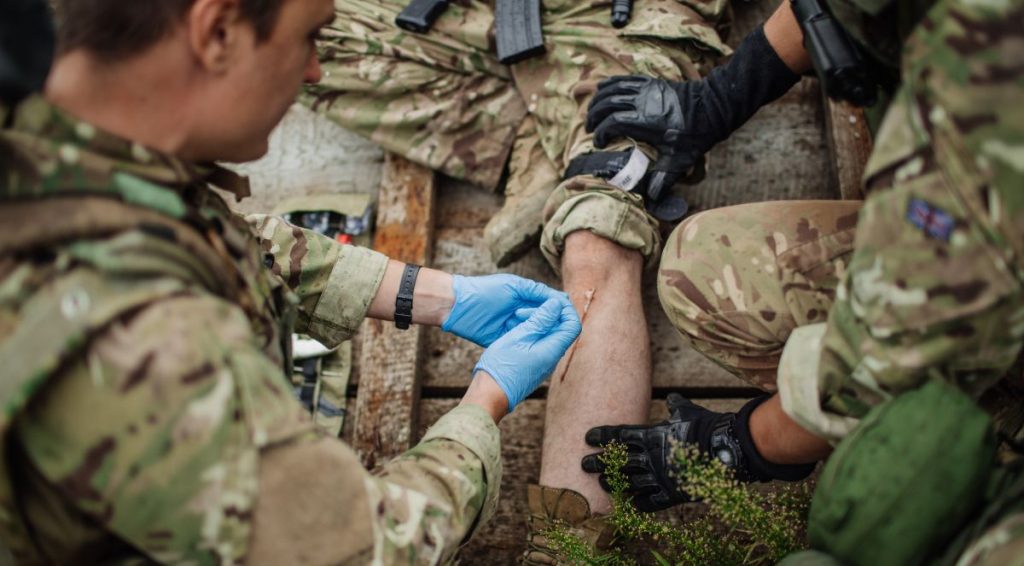Overuse of Tourniquets Blamed for Rising Amputations Among Ukrainian Troops
Others are reading now
In any war, injuries are expected. But in Ukraine, a growing number of soldiers are losing limbs in ways that may have been avoidable.
The issue isn’t enemy fire. It’s the overuse of battlefield tourniquets. These devices are meant to stop severe bleeding. In some cases, they’re doing more harm than good.
New research is sounding the alarm. Studies show that long tourniquet use is leading to kidney failure, amputations, and even death, according to Express.
Guidelines Not Followed
One recent paper reviewed 11 studies and found that tourniquets more than doubled the risk of early limb loss.
At the same time, they didn’t significantly reduce death rates or the need for blood transfusions.
Also read
Ukrainian doctors have seen this firsthand. A major study looked at nearly 2,000 wounded troops treated between May 2023 and February 2024.
Over 70% of those with tourniquets on for long periods needed dialysis. More than a third lost limbs. About 7% died from related complications.
Tourniquets were left on for an average of seven hours. NATO and U.S. guidelines recommend no more than two. Another review found average use at 3.4 hours. Nearly 1,000 people in that group now suffer long-term nerve damage.
These injuries aren’t just medical problems. They’re making Ukraine’s manpower crisis worse. Thousands of soldiers are being pulled from the front lines for treatment or rehab.
Automatic Tourniquet
In past wars like Iraq and Afghanistan, rapid helicopter evacuation made tourniquet use safer. In Ukraine, wounded soldiers are carried out overland. They face drones, shelling, and rough terrain. Evacuation can take hours.
Also read
Captain Rom A Stevens, a retired U.S. Navy medical officer, says tourniquet use has become automatic. But Ukraine’s battlefield conditions are completely different. He believes up to 75% of amputations could have been avoided.
Doctors in Ukraine agree. They say tourniquets are life-saving when used correctly. But many soldiers lack proper training. Sometimes pressure bandages would be enough. Instead, tourniquets are applied too high or left on for too long.
Ukraine is trying to adapt. Some units teach how to safely loosen or replace a tourniquet. But in the heat of battle, hesitation can be dangerous.
And that moment of fear or instinct might cost someone a leg.


